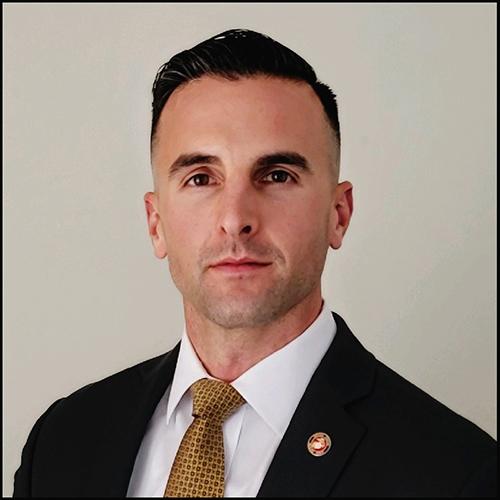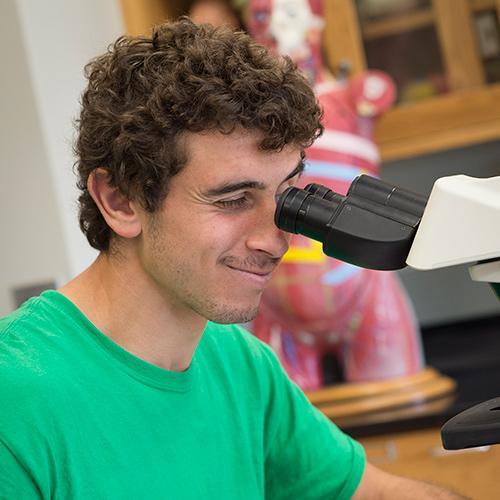Philosophy Department
What is real? What is knowledge? What is good? What is beauty?
If you have a passion for questioning the basic and ultimate questions of human life, then let our Philosophy Department lead you to uncover the answers.
Working with dedicated professors and scholars, you will be prepared to grapple with and understand some of the most profound ideas of the ancient, medieval, modern, and contemporary worlds. You will explore issues in the history of philosophy, which form the intellectual foundations that continue to shape our personal and professional lives.
Philosophy Programs at Iona
The mission statement of the Philosophy Department is consistent with the University's Mission Statement, both ideally and in practice. The Philosophy Department is comprised of dedicated teachers and scholars who are active both in and out of the department, as well as beyond the boundaries of the campus: our members are involved in the core curriculum, elective courses, interdisciplinary courses, and the honors program; our members lecture on campus and at professional conferences; our members have had books published and continue to publish their research in competitive journals.
As to specific points of our mission, all the courses we teach entail both methodologically and substantively the specific points of the University's mission. All undergraduates enroll in philosophy courses in order to fulfill their core requirements. We offer both a major and minor in philosophy. Philosophy courses examine either directly or indirectly the questions of ethics and ethical discourse; philosophers are typically characterized as paradigms of independent thought and advocates of intellectual freedom; as to life long learners, in so far as philosophy is a love of wisdom the traditional and current spirit of philosophy clearly implies a way of life rather than a mere intellectual exercise.
- We offer a major in philosophy which fully prepares our students for graduate and professional studies. Our minor offers a sound critical and ethical basis for any major offered at the University.
- The department is proficient in both traditional and technologically advanced pedagogical methods, and we assess our students' progress by means of oral presentation, written examination, and research projects.
- Our students have the opportunity to explore the entire history of philosophy, as well as being exposed to a full range of philosophical problems, i.e. the problems of metaphysics, epistemology, ethics, political theory, and aesthetics.
- We challenge our students to interpret, evaluate, and criticize with argument and evidence the fundamental questions of human life. Works of philosophy are among the most profound and difficult works in any college curriculum.
- Our faculty members are dedicated teachers and scholars who are active in and out of the classroom, as well as beyond the boundaries of the campus. Our members regularly participate in academic conferences and publish their scholarship in highly competitive professional journals.
- The Philosophy Department is noted for its participation in interdisciplinary courses and holds a particularly strong place in the Honors Program.
- Philosophy as a love of wisdom is, by its very nature, committed to life long learning. The spirit of philosophy at Iona University is clearly not merely an intellectual exercise. Philosophy students are continually reminded that learning does not stop at the end of class or at the end of a college career.
(Reaffirmed, January 2013)
After a student has taken any philosophy course, he or she should be able to do the following:
- Define key terms concerning the subject matter of the course.
- Explain various approaches to the study of the subject matter of the course.
- Understand how the subject matter of this philosophy course is different from the subject matters of other courses.
- Understand the scope and range of the subject matter of the course.
- Have some idea of the historical perspective of the subject matter of the course.
- Understand why the subject matter of the course is significant to one's life.
Contact Us
Philosophy Department
Alison Wai Yan Suen, Ph.D.
Department Chair
(914) 637-2717
asuen@iona.edu








